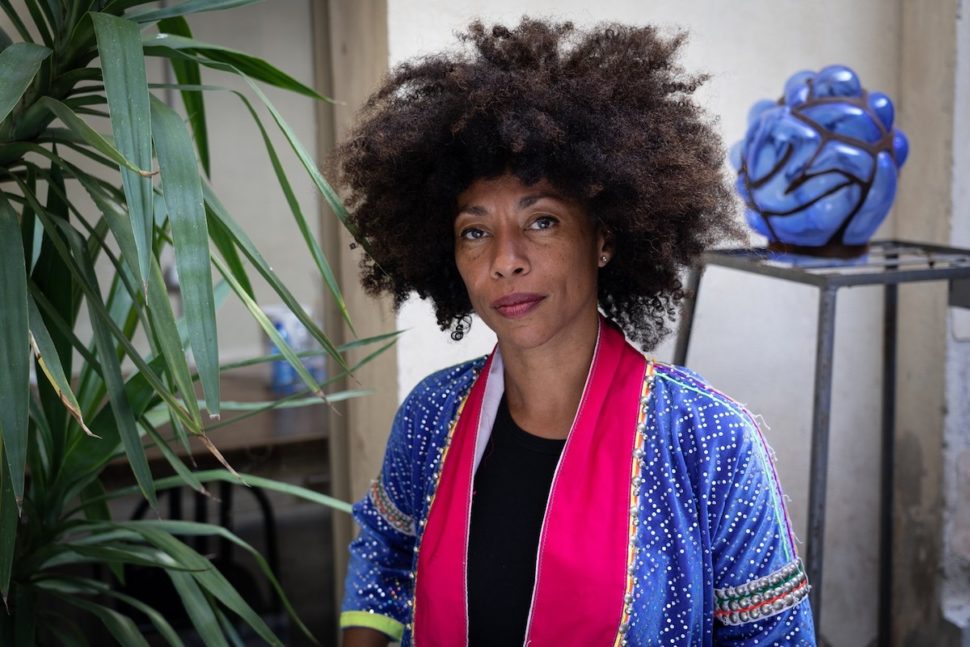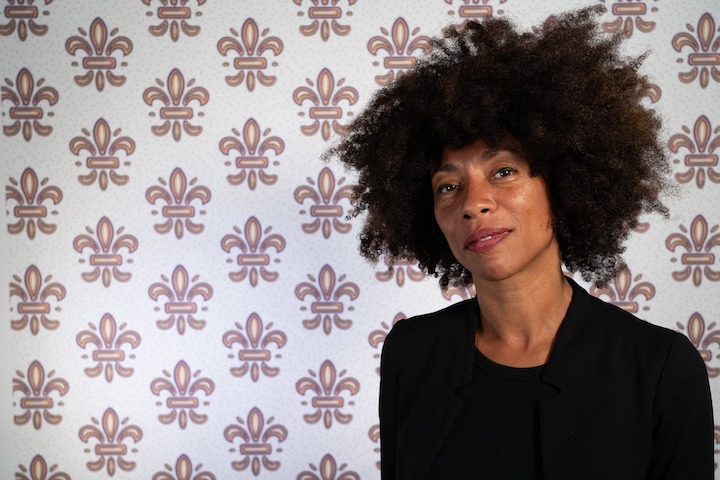Florence, Italy is one of the most beautiful cities in Europe. Sadly, there are some ugly truths unfolding there as well. The city has seen an increase in discrimination and violence against immigrants and minorities since they elected Matteo Salvini, in 2018. Sound familiar?
Antonella Bundu, a Black woman with French and Sierra Leonean roots, wants to change this. She entered the mayoral race in hopes of turning things around for the voiceless. If successful, she will be the first Black woman to hold the office.
“Until a few months ago I never imagined I could take on such a role,” Bundu told the Guardian. “Then a movement tied to the left invited me to speak at the Alfieri Theatre in Florence. I was given one word on which to improvise a seven-minute speech. The word was ‘black’. Without hesitation I poured out about what was happening in Italy. I spoke about myself, my story. They must have liked my monologue, because they immediately asked me if I’d be interested in running for mayor’s office.”
Bandu was the lead candidate amongst several other radical-left party candidates throughout the campaign, and was said to be the only one who could drive the current leader out.
Related: Best Things To Do In Florence, Italy
The former DJ and activist has a long history with politics and social justice. She has been in the trenches since the early 80s. When she initially announced her candidacy, many were skeptical that a Black woman was the answer for Florence’s current climate. However, others felt that this was exactly what the city needed.

“Politics is riding a wave of hatred that gets more threatening and unruly every day,” she said. “I too have been a victim of Italian racial hatred.”
“While taking a stroll with my daughter, a woman once called me a ‘dirty nigger’. I sued her, and she was found guilty of racial hatred. What’s worse is that people who insult blacks or beat Africans do so without fear of reprisal, legitimised by the pronouncements of political leaders and a subsequent perception of impunity.”





